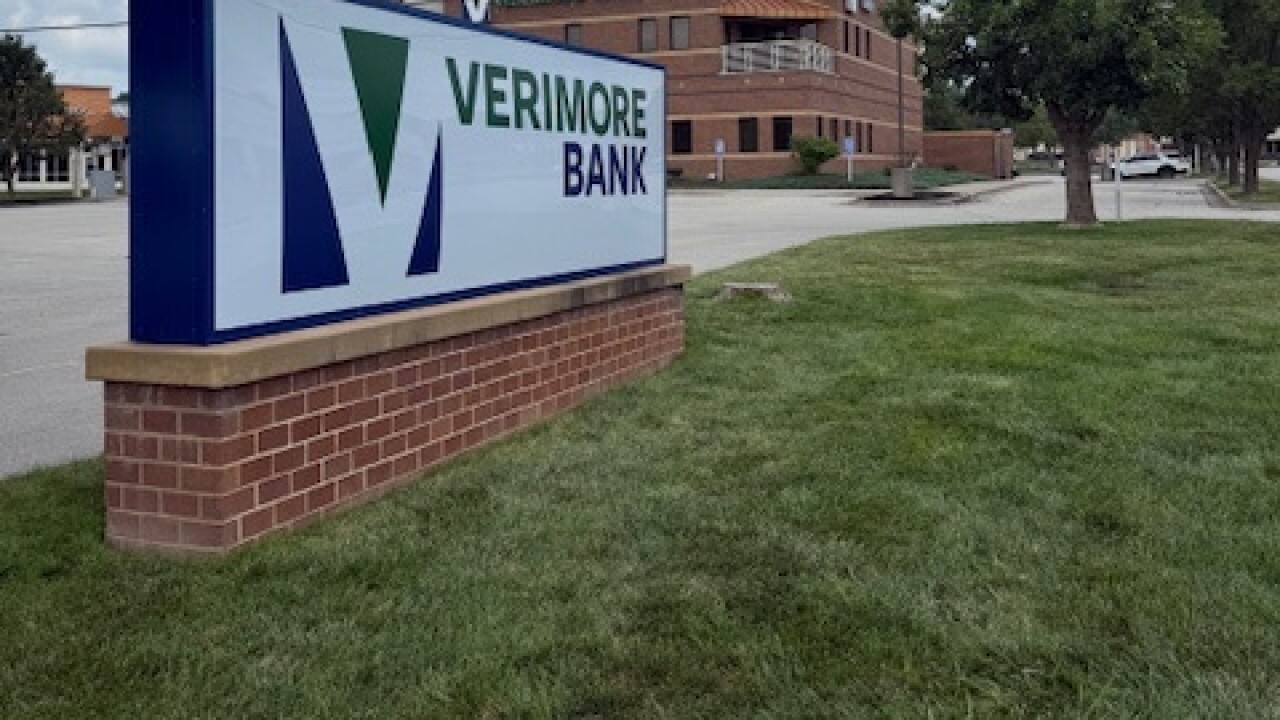Bank of America Corp.'s decision to cut its ties with the top two remittance companies - Western Union Financial Services Inc. and MoneyGram International Inc. - shows the intensity of banks' concern over a long-simmering issue.
Federal regulators have sent mixed signals, on the one hand urging banks to continue to work with remittance companies but also insisting they pose a high risk of money-laundering activity and require greater scrutiny.
For Bank of America, the No. 1 retail banking company, to drop the two largest money transfer companies is a sign that the banking industry is still concerned about the regulatory risk of serving as their banker.
Hundreds of banking companies have severed relationships with businesses such as check cashers and wire transmitters. For example, Citigroup Inc. stopped servicing check cashers in 2001, and Regions Financial Corp. dropped its money-transmitter customers last year.
Shirley Norton, a Bank of America spokeswoman, said in an interview Tuesday that the Charlotte company has been evaluating its banking relationships with money transfer businesses for the past year and a half and decided to "exit a significant number" of them.
"It now requires significant resources to monitor and review" money transfer businesses, "because of the increased regulatory scrutiny," she said, though B of A continues to offer "banking services to a small number of our existing" money transfer customers. She would not name any of the businesses that B of A has decided to drop, nor would she say when it notified them.
Joseph Cachey 3rd, a senior vice president with Western Union's global anti-laundering compliance division, said Tuesday that B of A said this spring that it would no longer serve as its banker.
"What B of A has informed us is that they no longer want to hold accounts for a number of MSBs, money-service businesses … and they'd like us to migrate our accounts from their bank," he said.
Mr. Cachey said that Western Union, a subsidiary of First Data Corp. of Denver, was still "migrating" its agent deposit accounts from B of A to other banks.
(The Charlotte Business Journal reported last week that B of A was cutting its ties to the companies.)
On June 21, Philip W. Milne, MoneyGram's president and chief executive, told the House Financial Services subcommittee on financial institutions and consumer credit that Bank of America had told the Minneapolis company that it would be "terminating its long-term relationship with MoneyGram. This was not just a simple deposit account, but rather a global banking relationship that generated millions of dollars in fees annually for Bank of America."
Cathy Rebuffoni, a MoneyGram spokeswoman, said Tuesday that the transition has been completed.
The USA Patriot Act of 2001 required money-services businesses to follow the Bank Secrecy Act's anti-laundering requirements, and federal regulators told banks to ensure that their customers were in compliance. Many bankers have decided that keeping the customers is not worth the added cost of monitoring such businesses and have elected to avoid that risky task by simply closing accounts.
Bank of New York Co. Inc., HSBC Holdings PLC, KeyCorp, PNC Financial Services Group Inc., SunTrust Banks Inc., and JPMorgan Chase & Co. have all stopped accepting deposits from money transfer companies.
Last year regulators tried to lure banks back into the business by distinguishing between a high- and low-risk money-services business, but bankers complain that examiners still expect them to act as these outfits' regulators.
Mr. Cachey said that losing Bank of America as one of its bankers has not hindered his business.
"People are comfortable with Western Union because of our … good name and business reputation," he said. "This trend has a bigger impact on the smaller players, who quite frankly get driven out of business because they can't find banks to take their deposit accounts."
He said customers of the small money-services companies do not necessarily move their business to Western Union, but in some cases they find unregulated and illegal ways to move money, which was precisely what the regulators were hoping to avoid.





